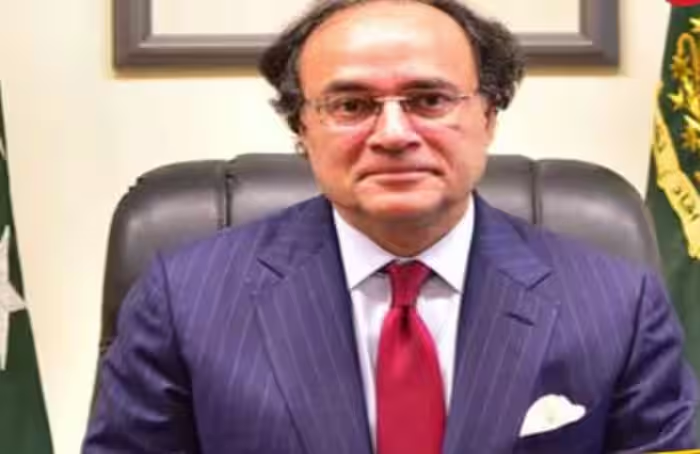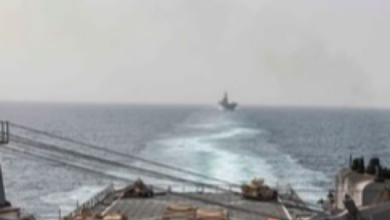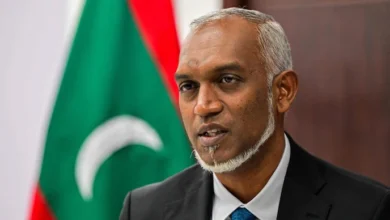FM In Pakistan Without Salary Muhammad Aurangzeb Regarding the Economic Crisis? Is The Economy About To Collapse?
Pakistan’s financial situation is becoming worse because of unmanageable debt, sluggish growth, and excessive inflation. The largest issue facing the newly appointed finance minister, Muhammad Aurangzeb, who assumed leadership of the ministry last month, is to resuscitate the nation’s economy. Muhammad Aurangzeb has a wealth of knowledge and was formerly employed by JPMorgan Chase & Co., but will he be able to prevent Pakistan’s economy from collapsing?

Muhammad Aurangzeb, Pakistan’s Finance Minister, Receives No Salary?
The 59-year-old Aurangzeb received financial aid to attend Wharton and Aitchison Colleges. Previously, he was employed in New York at Citigroup, Inc. In Singapore, he was employed by JPMorgan as well as ABN Amro Bank NV. He was appointed CEO of Pakistan’s Habib Bank Ltd., which was ultimately closed as a result of many penalties.
Like the other members of the cabinet, he is not yet paid. He also renounced his Dutch citizenship in order to be eligible for the job, according to ET Now.
Is the economy of Pakistan about to collapse?
Following Pakistan’s significant financial crisis, Dawn reported on Monday that the World Bank had requested that Pakistan implement a national fiscal policy that would effectively tax real estate, capital gains, and agriculture in the upcoming fiscal year’s budget, combine multiple federal and provincial revenue agencies into a single general sales tax (GST) collection agency, and align federal and provincial spending with constitutional mandates.
Pakistan’s Finance Minister Muhammad Aurangzeb will talk about it with the World Bank to include it in the next International Monetary Fund programme on the fringes of the World Bank-IMF spring meetings.
What was Pakistan’s suggestion from the World Bank?
The bank called for concrete steps to be taken towards “rate harmonisation to facilitate tax compliance and the provision of input tax credits” and “including the rollout of the GST portal” for the federation and its federating entities.
Furthermore, in an effort to streamline administrative procedures, the World Bank recommended “consolidation of all GST collection responsibilities with a single agency, which could then distribute revenues in accordance with constitutional provisions.”
Currently, the Federal Board of Revenue is in charge of collecting GST, mostly on products and a few services, while provincial revenue boards are in charge of collecting GST on a few services. However, the stakeholders have been dealing with variations in GST collection throughout the provinces due to the overlapping nature of certain services.







